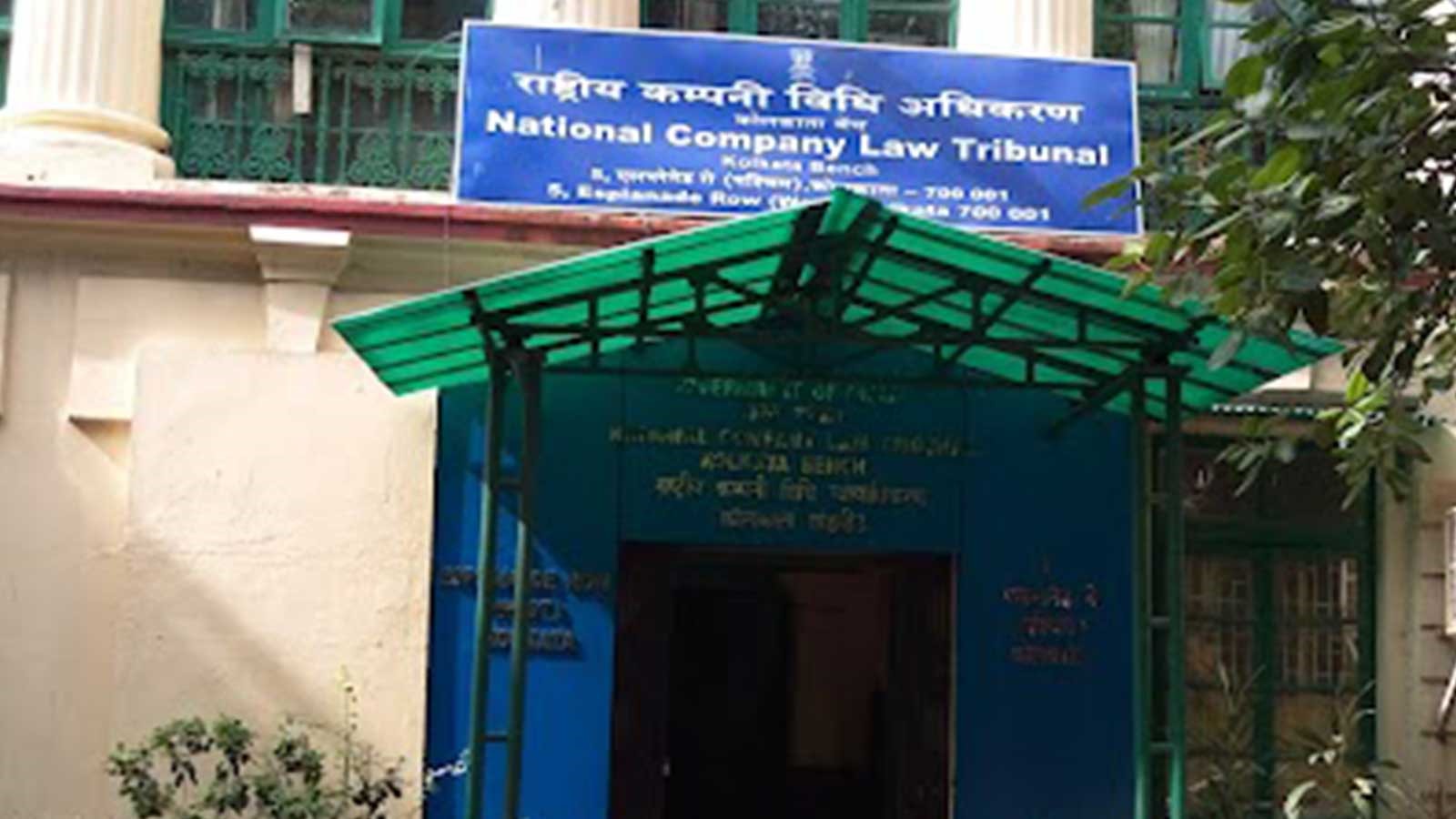Debt Arising Out of Foreign Awards Is Not Financial Debt Under Section 5 IBC: NCLT Kolkata

The NCLT was hearing a Section 7 application filed by a financial creditor seeking direction to the resolution professional to admit his claim that amounted to Rs. 1,32,89,75,268.
The National Company Law Tribunal Kolkata has recently observed that the debt arising out of these foreign awards cannot be considered financial debt
“Since, the Applicant is a “decree holder” of a foreign award which is already stamped as a decree the same will have to be considered as debt. We have already stated that the debt arising out of these foreign awards cannot be considered as financial debt, but the same can be treated as “Other debts”. Therefore, the action of the Resolution professional in treating this debt as “other debt” cannot be faulted,” the order reads.
The NCLT Bench of Kolkata comprising Judicial Member Bidisha Banerjee and Technical Member Arvind Devanathan was hearing a Section 7 application filed by a financial creditor seeking a direction to the resolution professional to admit his claim that amounted to Rs. 1,32,89,75,268.
The creditor had filed an application seeking admission of his claim before the resolution professional which came to be rejected against which he filed an application before the NCLT.
The creditor was holding 35% equity shares of the corporate debtor and was a decree holder of an award passed by the Singapore seated arbitration forum.
The award stated that SIDCL and the Corporate debtor were liable to pay Rs. 132,39,33,646 apart from legal costs amounting to Rs. 50,41,622 to the creditor.
The creditor contended that that being a decree holder of a foreign arbitral award, the sums due on account of such award would be like financial debt and therefore he is entitled to be treated as a financial creditor and consequently, he should be allowed to participate in the CoC meetings.
The resolution professional submitted that the claim of the applicant cannot be admitted as a financial debt because of the arbitral awards and the cause for the arbitral award arose on account of breach of condition contained in the SSHA. Therefore, the Applicant never gave any amount as a loan or gave any financial accommodation to the corporate debtor for his claim to be treated as a “financial debt” in terms of Section 5(8) of the IBC 2016.
He further added that the enforcement of the award was challenged by SIDSL as well as the Corporate Debtor before the Delhi High Court which is still pending.
However, the bench partly allowed the application while noting that the plan could state that the value provided against the applicant’s claim in the plan would be paid subject to the outcome of the execution petition pending before the Delhi High Court and till such time amounts could be held in escrow account.
Further, the tribunal said that if the applicant fails in his execution petition, the amount held in the escrow account can be redistributed as per the Commercial wisdom of the CoC.
The order also stated that the provision in the plan against the claim made by the applicant may be made based on the commercial wisdom of CoC but to be made on a fair and equitable basis keeping in mind, that one of the objectives of IBC is to balance the interests of all the stakeholders.
Case title: Yes Bank Ltd vs Sarga Hotels Pvt. Ltd.
